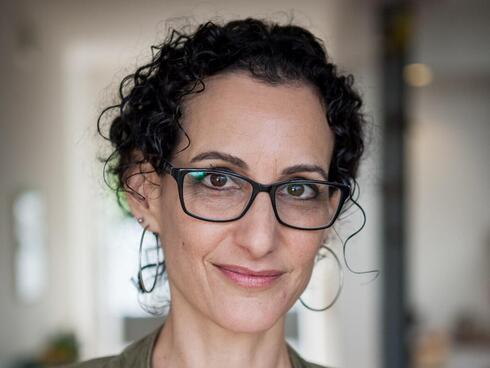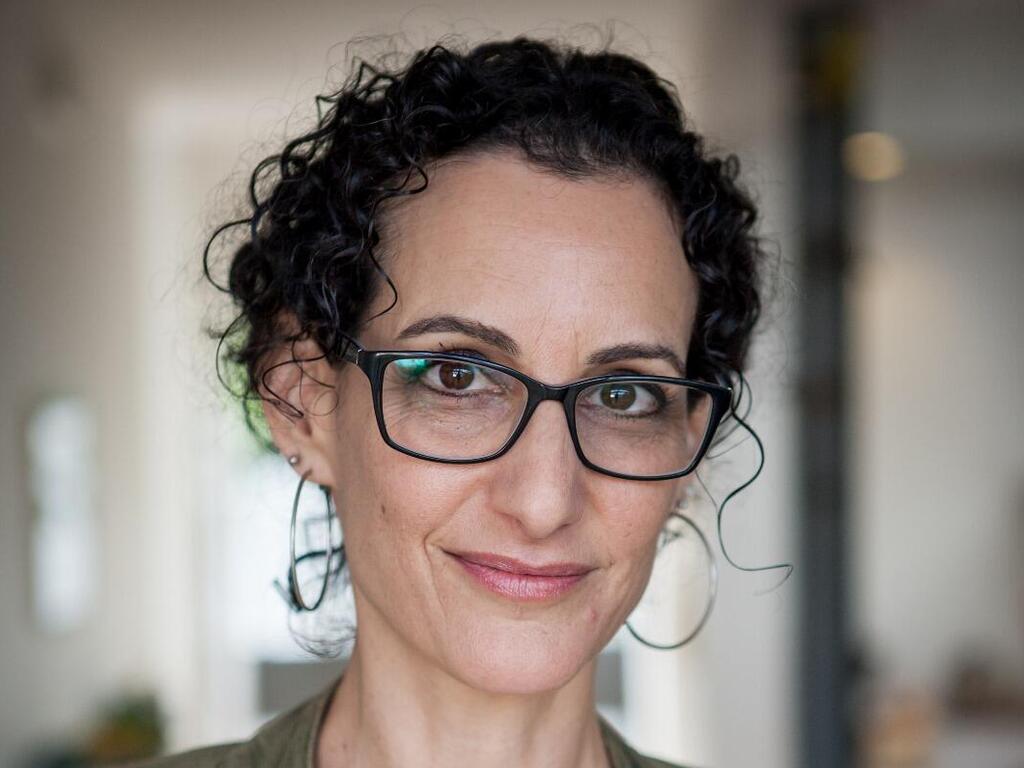
HR in War
“There’s a profound sense of mutual trust” from investors during the war, says Shield
The company has affirmed the support from its investors even as the country undergoes its war against Hamas in Gaza
“We maintain a high degree of transparency and honesty with our investors, both at regular times and especially in the current circumstances,” explained Daphna Keinan Mor-Haim, VP of HR at Shield. “Their unwavering support has been instrumental.”
The whole world has been impacted by the Israel-Gaza War, and investors are no different. As Startup Nation faces its most recent challenge, the financial compliance technology company shares how its investors are responding.
“They understand the situation, and there’s a profound sense of mutual trust. It truly feels like we are walking this path together. Our investors have extended their assistance in numerous ways, and we are lucky to have them as our partners,” she added.
HR in War is a new series exploring how companies in Israel are adapting in unusual times. At CTech we believe the world should know about the atrocities committed on 7/10 while at the same time highlighting the continued resolve and resistance of the Israeli tech ecosystem.
Company name: Shield
Your name and title: Daphna Keinan Mor-Haim, VP HR
Names of founders and upper management: Shiran Weitzman (CEO), Ofir Shabtai (CTO), Eran Noam (CBO)
Field of activity: Financial Compliance Technology
Number of employees: 130
Office location: Tel-Aviv, Lisbon, London, New York
On a scale of 1-10, how much did the war disrupt operations at the company?
Surprisingly, the ongoing situation has had a limited impact on the company's overall business performance. It is strange because it's obvious that our Israeli employees have been considerably affected. During the first week, it was challenging for everyone to maintain their work focus. Any diversion through the news or social media instantly grabbed our attention. The fact that the kids are at home made it even more difficult to work. Nevertheless, as a global company, we are fortunate to have a significant backup for nearly every role in our global sites. We've prioritized the tasks and focused our efforts on the most critical ones. Naturally, anything related to customer deliveries takes precedence.
Our employees have demonstrated amazing dedication, giving their utmost – each one according to their ability.
What consequences have you experienced from these disruptions?
Despite our best efforts to safeguard our core operations, we cannot escape the repercussions of recent events. We've had to redirect our focus towards addressing the immediate needs arising from these events, make sure we meet the commitment to our customers and sometimes put aside some “nice to have” initiatives. From an HR perspective, several projects that were in the pipeline have been delayed, as it feels inappropriate to proceed at this time.
One specific example is the 2024 SKO (Sales Kick-Off) event, originally scheduled to take place in an Arab country. Given the circumstances, we'll need to find an alternative location.
What are the two major challenges you are coping with these days?
I wouldn't necessarily classify it as a "challenge" per se; rather, it has become a significantly heightened priority in our work - the support for our local teams. We've proactively established regular communication channels with all team members, taking the time to comprehend their unique challenges and needs, and making every effort to meet those needs. And I’m not talking only about our Israeli employees. The global ones also have their concerns about the situation.
In addition, it’s very important to ensure that our customers experience minimal disruption, even though people cannot work as before.
What support do you provide to employees?
Above all, we prioritize flexibility and empathy, recognizing that these are far from ordinary times. We hold regular one-on-one meetings with the team, and we recently organized a resilience workshop for our managers.
Furthermore, we’ve established, with one of our investors, a fund aimed at offering mental health support for our teams and their immediate families, along with subsidizing babysitting services. This is an incredible initiative, and it's heartening to see people taking advantage of and truly valuing this effort. In addition, we've sent a nice package to employees, and loved ones that have been called to reserve duty.
Do you have employees with foreign citizenship who asked to work from another country? If so, has movement been requested/approved?
We have some employees who requested to work somewhere else, and we were happy to approve that, with a specific policy that was built for that.
How do you communicate the situation to customers? Do you see hostility or support?
We were very proactive in sending clear messages to our customers – through formal communication and through the account managers.
Meantime, we see their concerns – and can totally relate to that – but we get nothing but support, and that’s very heartwarming.
In the event employees feel they encounter hostility, how do you guide them to respond to the situation?
We instruct our employees to avoid expressing personal political opinions or expressing their views on how the conflict should be managed. When a customer expresses a clear opinion, our employees should acknowledge the customer's perspective without entering into a debate.
To date, we have not received any reports of hostile responses. However, if such a situation were to arise, we would recommend swiftly redirecting the conversation back to the relevant business topic, without trying to educate the other party. The Israeli-Palestinian topic is so complicated, that it’s almost pointless to try and conduct such a discussion.
Startups only: How do you communicate the situation to investors, and how are they reacting?
We maintain a high degree of transparency and honesty with our investors, both at regular times and especially in the current circumstances. Their unwavering support has been instrumental. They understand the situation, and there’s a profound sense of mutual trust. It truly feels like we are walking this path together. Our investors have extended their assistance in numerous ways, and we are lucky to have them as our partners.














